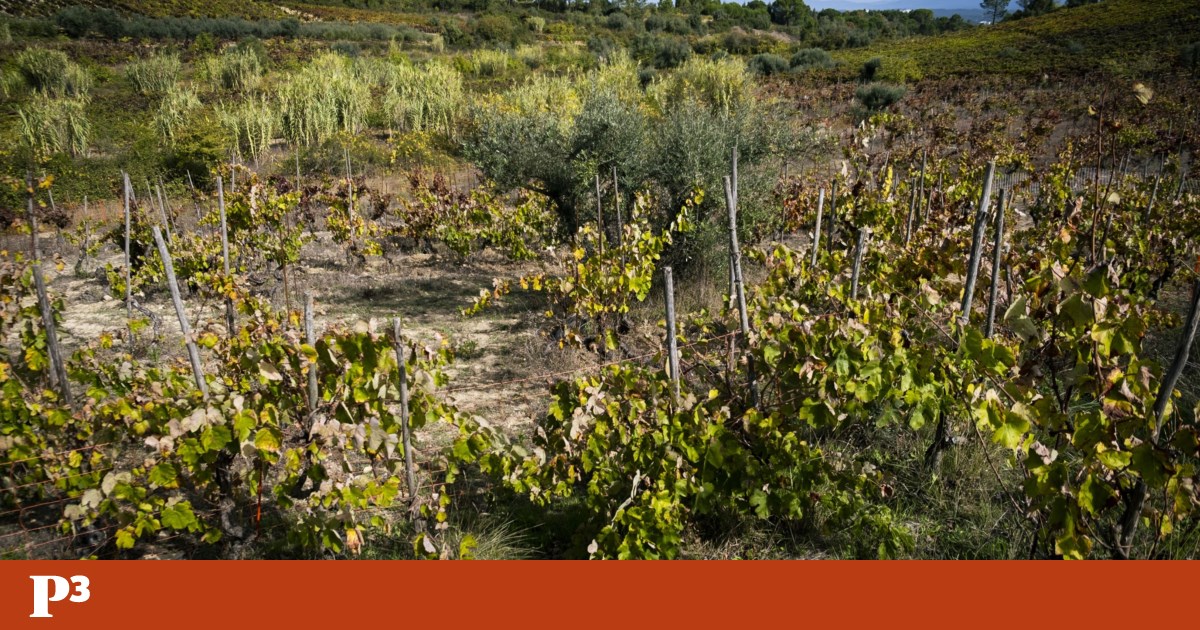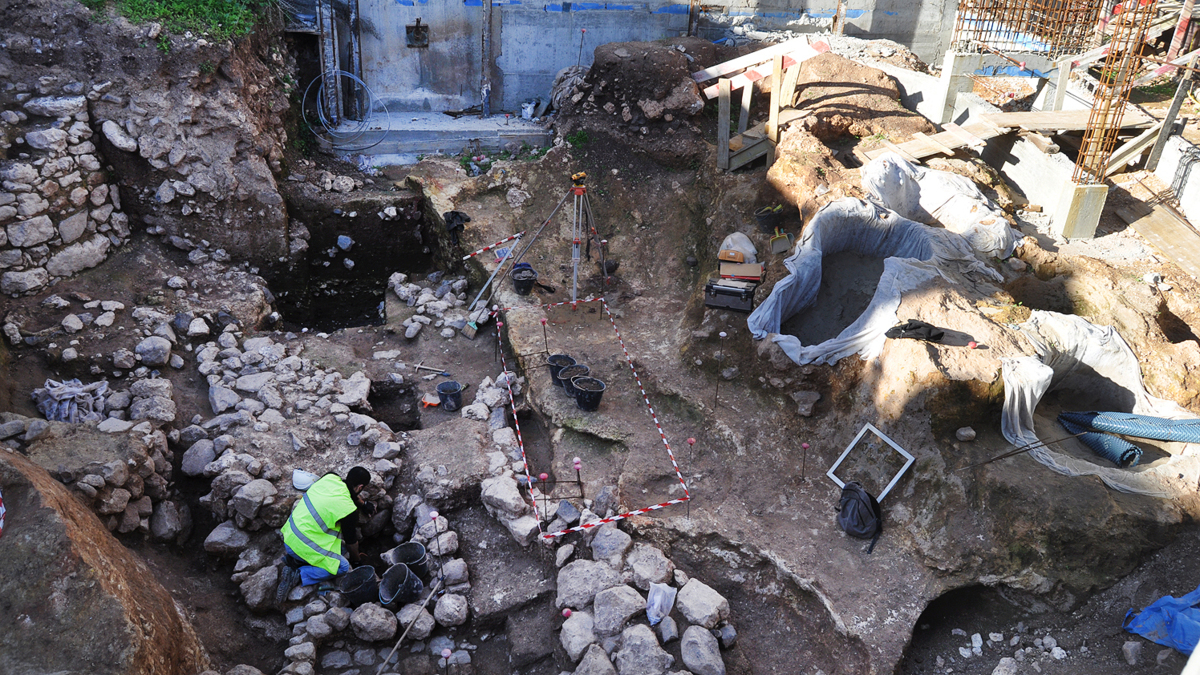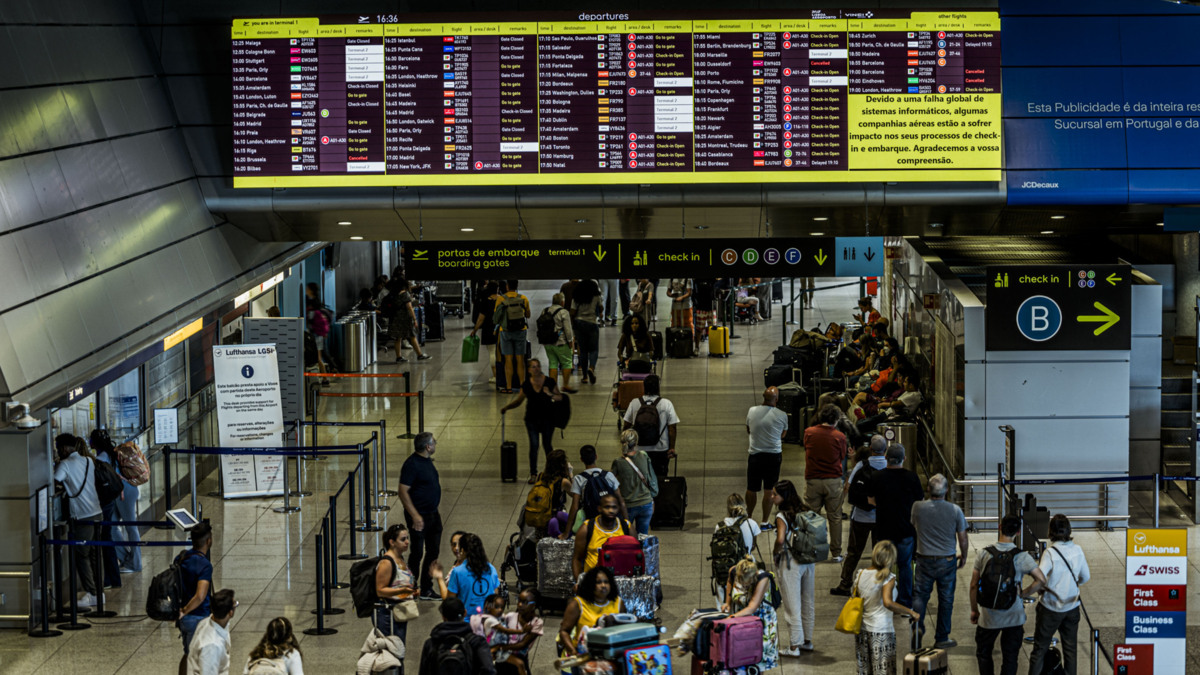A Significant Change in Construction Regulations
As the new year unfolds, the Portuguese government has introduced a noteworthy change: the allowance for construction on rustic land under exceptional circumstances. This decision was made rapidly, with approval from the Council of Ministers on December 18 and publication in the Diário da República on December 30.
The Implications of Building on Rustic Land
Previously, expanding urban areas was permitted, but it required adherence to strict regulations aimed at ensuring environmental safety and the need for such developments. This new law, however, facilitates construction beyond city limits and suburbs without public consultation or necessary assessments, allowing municipal assemblies to make unilateral decisions. This shift, while promising to reduce bureaucracy, could lead to a disruption in urban planning, undermining regional coordination as cities expand.
The Long-Lasting Impact of This 'Earthquake'
The repercussions of this decision are profound, particularly in the valuation of land where construction is now permitted. The document acknowledges that the housing developed will be of moderate cost but unregulated, raising concerns about the availability of affordable housing. The potential for immediate profit from previously restricted land could make it the most desirable, while urban areas risk losing investment in housing.
Economic and Environmental Risks
In scenarios of international market shocks, these newly valued lands could jeopardize financial market stability, as they may be used as collateral for loans. The chaotic implementation of this law could result in a disorderly urban landscape, with new expansion zones determined by local deputies who often lack expertise in territorial planning.
Political Reactions and Future Steps
The Assembly of the Republic may need to revoke Decree-Law 117 of 2024 to prevent this legislative 'earthquake'. A request for reassessment is backed by four political parties, but achieving a parliamentary majority will require broader support. This issue transcends political lines, as the consequences of haphazard construction could lead to irreversible changes in the landscape. The upcoming days in the Assembly will serve as a litmus test for parliamentary commitment to the public interest.



















Comments
Join Our Community
Sign up to share your thoughts, engage with others, and become part of our growing community.
No comments yet
Be the first to share your thoughts and start the conversation!